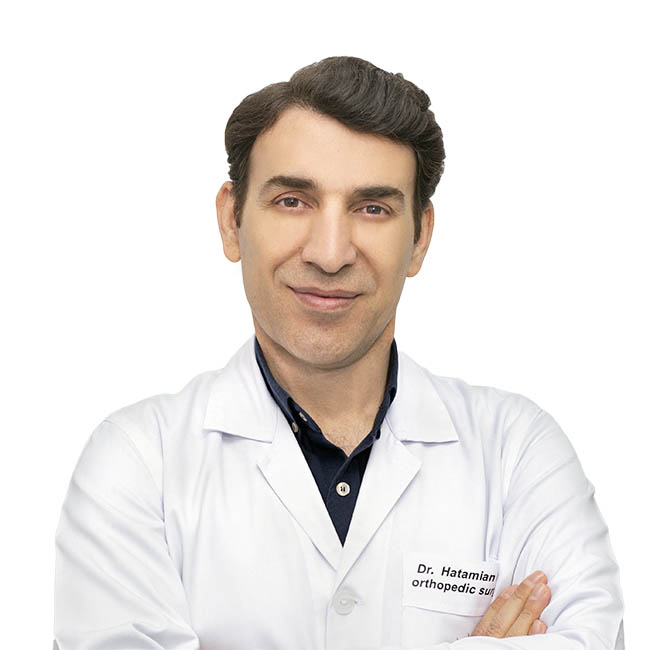Diet Therapy
Diet therapy, as a medical intervention, tailors nutritional recommendations to an individual's current health condition. Its scope extends beyond addressing obesity and weight management, encompassing the overall well-being of the body. By addressing internal issues, diet therapy can significantly impact external problems as well. Many acute and chronic health problems stem from unhealthy and inappropriate nutrition. As a comprehensive term, diet therapy employs nutrition as a preventive and curative measure against diseases.
The primary objective of therapeutic diets is to improve various conditions, even extending to diseases like cancer and cardiovascular problems. A balanced selection of food, customized for each individual's body, ensures the adequate intake of essential nutrients. The combination of suitable foods and proper hydration contributes to maintaining optimal health. An appropriate diet should provide essential minerals, vitamins, and proteins.
Diet therapy plays a critical role in strengthening the body's metabolism. Disturbances in different body parts' metabolic processes can lead to diseases. In some cases, herbal remedies alone can restore normal metabolism, without the use of chemical drugs. The approach involves diagnosing internal issues based on external symptoms, prescribing an appropriate diet to address these problems, and subsequently addressing weight management concerns. This method is particularly effective for conditions such as diabetes, fatty liver, hormonal disorders, and more.
Both excessive obesity and excessive thinness reflect signs of malnutrition and pose a risk to overall body health and organ metabolism. Addressing these issues scientifically and professionally is crucial, as improper methods can lead to harmful long-term effects, such as skin sagging, gallbladder problems, hair loss, and nervous issues. Emphasizing metabolic therapy, diet therapy examines the root causes of obesity and thinness while considering an individual's temperament and physiological characteristics. Therapeutic approaches encompass diet, herbal remedies, and nutritional supplements.
The benefits of diet therapy include individualized lifestyle considerations, avoiding severe diets and prolonged fasting, steady weight loss with minimal side effects, avoiding skin sagging during weight loss, fostering feelings of lightness, relaxation, and increased self-confidence, and improvement in related health conditions.
The significance of nutrition and diet therapy cannot be understated. The maxim "we are what we eat" underscores food's fundamental role in general health. Throughout history, various medical systems, including ancient ones from Iran, China, Egypt, and Greece, and modern medicine, emphasize nutritional recommendations as a critical determinant of health and illness. Proper nutrition and balanced diet plans bear a profound connection to health outcomes.
The quality of food plays a pivotal role in the direct relationship between health and food quality. Nutritional value and health standards define food quality. Poor soil-derived raw materials, excessive consumption of processed, junk foods lacking nutrients, and the presence of toxic, hormonal, and antibiotic substances in agricultural and livestock products can negatively affect health. Therefore, focusing on food quality when selecting fresh or dried foods is essential for preserving health.
Maintaining mental health and well-being is another crucial aspect of diet therapy. The intricate relationship between mind and body underscores the significance of nurturing mental health alongside physical health. Diet therapy recognizes that mental and emotional well-being is interconnected with nutritional status, often prescribing specific diets to address emotional and mental symptoms.
Additionally, diet therapy emphasizes the healthy functioning of the digestive system, recognizing the digestive process's pivotal role in nutrient absorption and waste elimination. Maintaining the balance between food intake and proper digestion is paramount to diet therapy's success. Simultaneously attending to health and digestion ensures the body receives essential nutrients while effectively eliminating waste materials.
In conclusion, diet therapy plays a vital role in promoting overall health and addressing various health conditions. A personalized approach, focusing on food quality, mental well-being, and digestive health, enables diet therapy to serve as a preventive and curative measure in the realm of medical nutrition.




